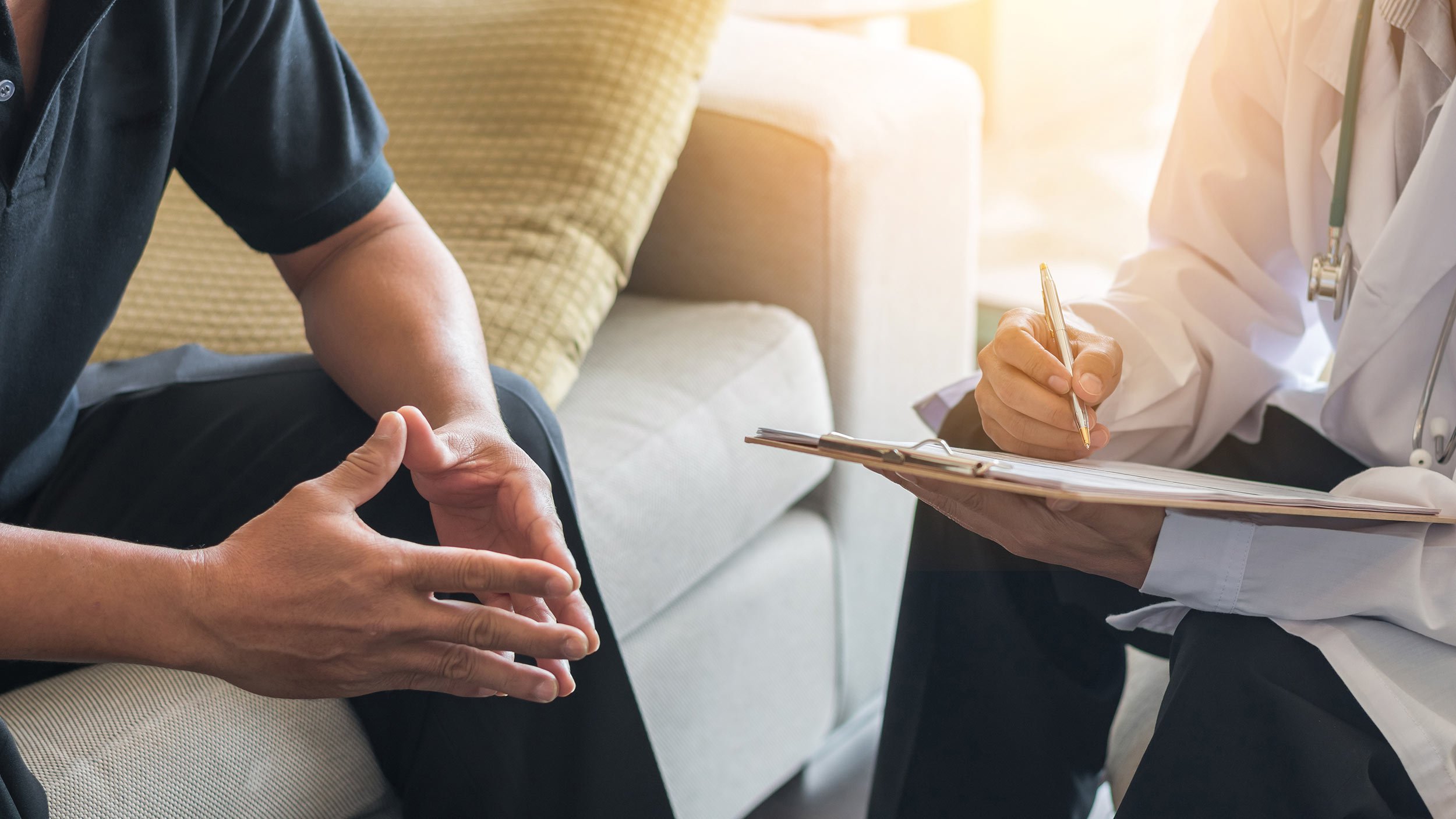
General Urological Conditions
STONES
Urine carries away the body’s waste products. When there is too much waste in too little liquid, crystals begin to form. When these crystals grow, they form kidney stones.
Risk factors for kidney stones include drinking too little water, obesity, eating food with too much salt or sugar, and weight loss surgery.
SYMPTOMS
When kidney stones block off the kidney, they can cause severe pain on either side of the lower back, blood in urine, nausea and vomiting, fevers, and smelly or cloudy urine.
TREATMENT
Smaller stones ≤ 5mm may pass on its own with pain medications and fluid intake. However, if you have fevers, or if the pain is severe, you will need to present to the Emergency Department.
Larger stones >5mm may need the following:
- Ureteric stent
- Ureteroscopy and laser lithotripsy
- Percutaneous nephrolithotomy
ENLARGED PROSTATE
Benign prostatic hyperplasia (BPH) is enlargement of the prostate gland. It is a common condition as men age. As the prostate enlarges, it may squeeze the urethra and cause problems in passing urine.
The prostate is a small gland in men, about the size of a walnut. It is part of the male reproductive system.
The prostate helps to make semen. It surrounds part of the urethra, the tube which carries urine out of the bladder through the penis.
SYMPTOMS
Difficulty starting to urinate, slow stream, urinating at night, dribbling at the end of the stream, sensation of incomplete emptying of the bladder and blood in urine. In advanced cases, it may cause recurrent urinary tract infections, kidney and bladder failure
TREATMENT
Medications
Surgery
Transurethral resection of prostate (TURP)
Urolift
Greenlight laser prostatectomy
Rezūm water vapour therapy
Robotic or open simple prostatectomy (for very large prostates)
Transurethral resection of prostate (TURP)
Transurethral resection of prostate (TURP) is sometimes called a “re-bore” of the prostate. It is an operation to remove prostate tissue which is blocking the flow of urine from the bladder. It is performed under general anaesthesia, and generally involves a 2 night stay in hospital.Urolift®
Urolift is a minimally invasive treatment for BPH. It involves placing implants into the prostate which retracts the prostate tissue and opens up the urethra to improve urinary flow.Urolift has several advantages, including:
Does not cause new onset sustained erectile or ejaculatory dysfunction
Minimal downtime
Minimally invasive
Greenlight laser prostatectomy
GreenLight™ laser prostatectomy is a safe and effective procedure used for the treatment of men with benign prostatic hyperplasia. Most patients experience rapid relief of BPH symptoms and improvement in urine flow after the procedure. It is a keyhole procedure performed under general or spinal anaesthesia, and patients are usually discharged the next day.GreenLight™ laser prostatectomy has several advantages, including:
Minimal blood loss
Immediate symptomatic relief and significant improvement in urinary flow
The procedure is also safe and effective in patients on blood thinners
Rezūm
Rezūm water vapour therapy is a new minimally invasive treatment for BPH. Rezum therapy uses heat energy from water vapour to shrink the prostate. Most patients begin to experience symptom relief in as soon as two weeks, and maximal benefit occur within 3 months.
PHIMOSIS
Phimosis is a condition where the foreskin is too tight to be pulled back over the head of the penis (glans).
Surgery may be needed if phimosis causes balanitis (sore and inflamed glans), paraphimosis (foreskin stuck in the retracted position behind the head of the penis) or the foreskin is painfully tight.
TREATMENT
Steroid cream
Circumcision
SCROTAL SWELLING OR PAIN
Scrotal swelling or pain may be caused by
Testicular torsion – twisted testis which cuts of blood supply to the testicle
Hydrocele – collection of fluid in the scrotum
Varicocele – widening of veins that carry blood from the testes
Infection (epididymoorchitis)
Testicular cancer – this presents as a hard lump in the scrotum
Inguinal hernia – a hernia in the groin
Edema – accumulation of excess fluid in the body
SYMPTOMS
If you have an acute onset of severe testicular pain, you will need to present immediately to the Emergency Department. A twisted testicle (testicular torsion) will need to be ruled out.
Any hard lump in the testicle needs to be investigated with an ultrasound and referred urgently to a urologist.
TREATMENT
Treatment depends on the underlying cause. Our doctors will speak to you regarding the best treatment depending on your condition.
RECURRENT UTI
Recurrent urinary tract infections are common in women.
Risk factors include sexual intercourse, menopausal status, abnormalities of the urinary tract (indwelling catheter, anatomical abnormalities, neuropathic bladder), incomplete bladder emptying, and spermicide use.
SYMPTOMS
Recurrent UTI is defined as two proven episodes within 6 months or three episodes within 12 months. Symptoms include painful urination, frequent urination, urgency, blood in urine and foul-smelling urine.
TREATMENT
General advice: increase fluid intake, urinating after sex, avoid spermicide or diaphragm contraceptive use
Non-antibiotic treatment options: vaginal estrogen (in post-menopausal women), methenamine Hippurate, cranberry tablets, d-mannose, probiotics, vaccines
Women whose UTI’s are triggered by intercourse may have a single dose of antibiotics after intercourse for prevention
URINARY TRACT SYMPTOMS IN WOMEN
Lower urinary tract symptoms are common in women of all ages. For many women, these symptoms are severe and interfere with everyday life.
SYMPTOMS
Burning when passing urine, discomfort over the bladder, urinary frequency, urinary urgency, incontinence, needing to wake up to urinate at night, difficulty urinating and pelvic pain. Causes include:
Urinary tract infection
Overactive bladder
Interstitial cystitis – chronic condition causing bladder pressure, bladder pain and sometimes pelvic pain
Neurogenic bladder – certain conditions (diabetes mellitus, multiple sclerosis, stroke, spina bifida, spinal injury) may cause lower urinary tract symptoms
Medications: antidepressants, ‘water’ tablets (diuretics), lithium tablets
Bladder cancer
Bladder stones
TREATMENT
Treatment options depends on the underlying cause. Our doctors will speak to you about the best treatment depending on your diagnosis and your personal circumstances.






